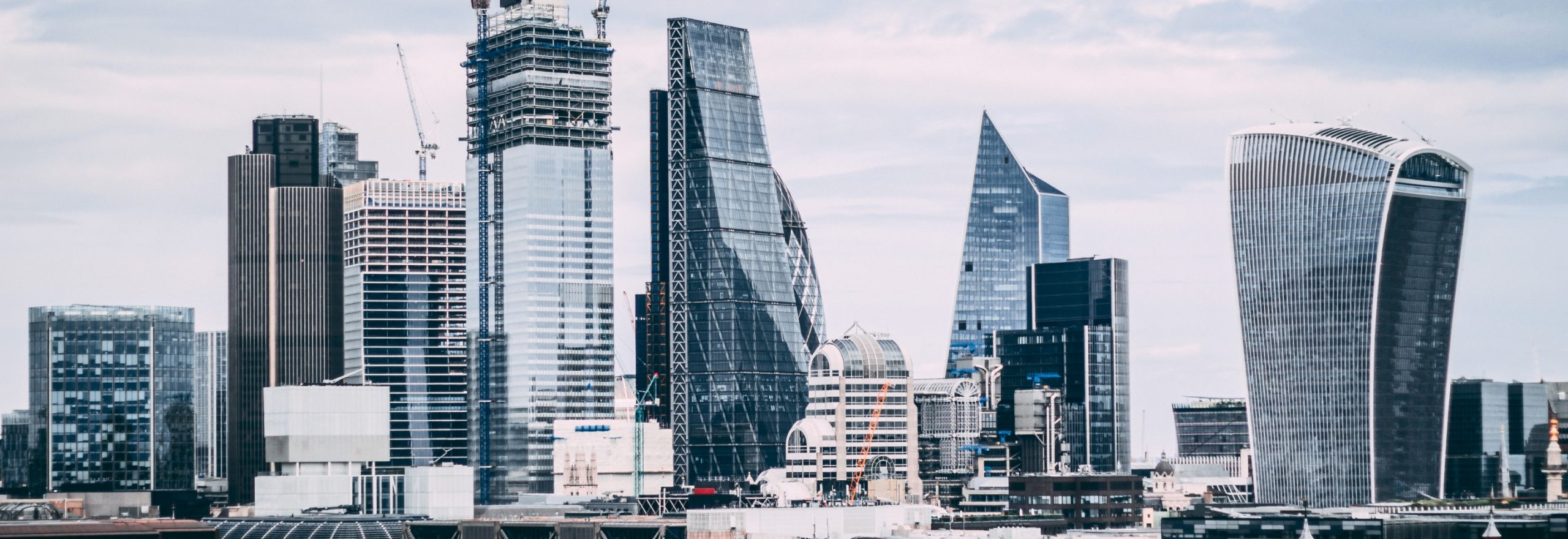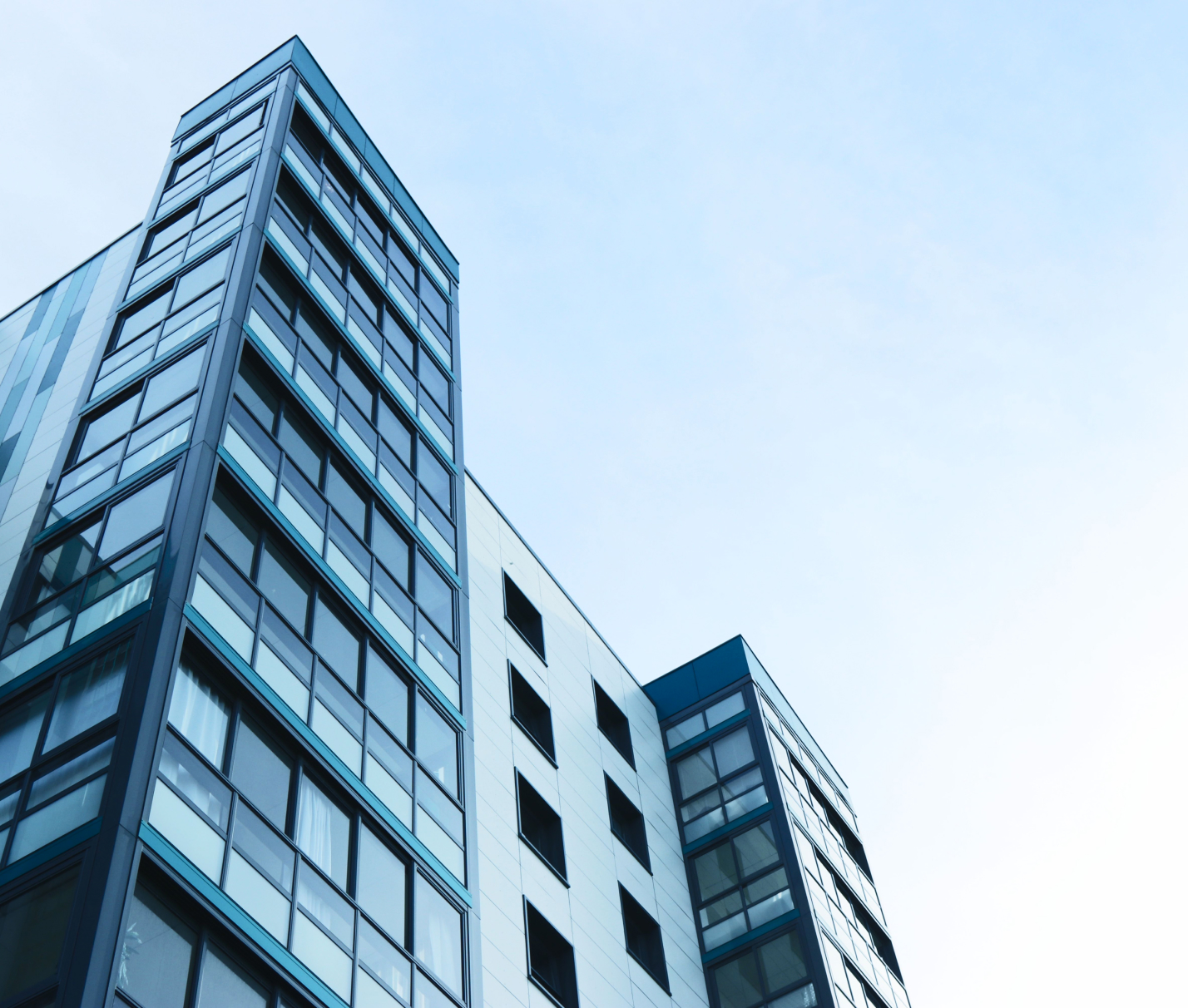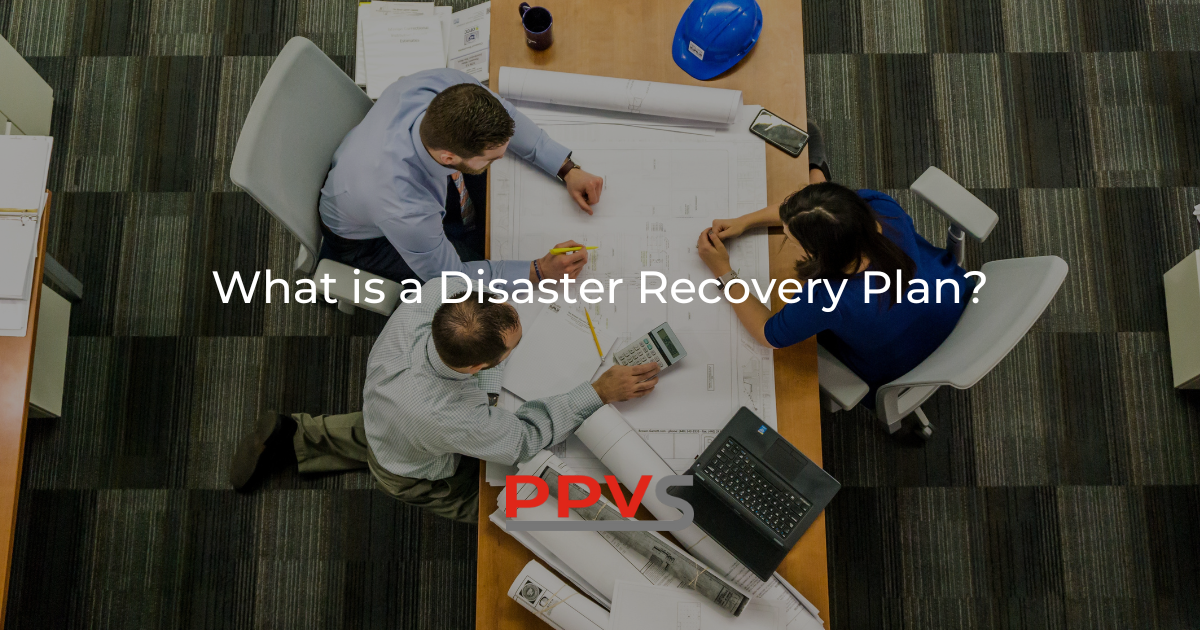PPVS Complete Facilities Management

An Introduction to Commercial Property Management
Property management is the practice of overseeing and maintaining commercial properties, such as office buildings, retail centres, and warehouses. The property manager is responsible for ensuring that the property is well-maintained, safe, and attractive to tenants. They also work to keep operating costs low and maximise the property’s income.
In this blog, we’ll be discussing what commercial property management is, the benefits of hiring a property manager, and some common problems that arise in commercial properties and how to overcome them – so read on to find out more.
What is Commercial Property Management?
Commercial property management is the process of overseeing and coordinating the various activities associated with commercial real estate. This includes everything from leasing properties to maintaining them and dealing with tenants. Commercial property managers typically work for landlords or property development firms, but some also work independently.
In general, the goal of commercial property management is to maximise the value of a property by improving its condition and making it more attractive to potential tenants. This can involve a wide range of tasks, from small repairs to large-scale renovations. By working closely with landlords and tenants, commercial property managers can help to ensure that properties are well-maintained and run smoothly.
The Benefits of Hiring a Professional Property Manager
If you own rental property, you know that it takes a significant amount of time and effort to keep everything running smoothly. From finding and screening tenants to dealing with repairs and maintenance issues, managing a rental property can be a full-time job. As a result, many property owners choose to hire a professional property manager. A good property manager can save you a lot of time and stress, and they can also help to maximise your rental income.
Property managers have the experience and knowledge to effectively market your rental units and screen prospective tenants. They also handle all the day-to-day tasks associated with managing a property, such as collecting rent, scheduling repairs, and responding to tenant concerns. In addition, property managers are familiar with landlord-tenant law, so they can help to protect your rights as a landlord. Overall, hiring a professional property manager is an excellent way to ensure that your rental property is well-managed and profitable.
How to Choose the Right Property Manager for Your Business
Choosing a property manager is an important decision that should be made with care. After all, the quality of your property manager will have a direct impact on the success of your business. When you’re ready to start looking for a property manager, there are a few key factors to keep in mind. First, consider the size and scope of your business. A large corporation will likely need a different type of property manager than a small shop.
Second, think about the location of your business. If you have multiple properties in different locations, you’ll need a property manager who is familiar with the different laws and regulations. Finally, consider your budget. Property management services can vary widely in cost, so it’s important to find a property manager who fits within your budget. By keeping these factors in mind, you can be sure to find the right property manager for your business.
What to Expect from Your Property Manager
Once you’ve chosen a property manager, it’s important to set clear expectations. After all, your property manager will be responsible for a wide range of tasks, so you’ll need to be sure that they understand your needs and expectations.
Be sure to discuss the following topics with your property manager:
- Your budget for repairs and renovations
- Your goals for the property and previous issues
- Any concerns you have about the property
- Site specific requirements and Health and safety procedure
By setting clear expectations from the start, you can help to ensure that your property is well-managed and profitable.
Common Problems in Commercial Properties (and How to Solve Them)
Even with a professional property manager, there are bound to be some problems from time to time. Here are some of the most common problems that occur in commercial properties, as well as some tips on how to solve them:
1. Tenant turnover: One of the biggest challenges for commercial property managers is tenant turnover. When tenants move out, it can be costly and time-consuming to find new ones. To minimise turnover, focus on attracting high-quality tenants who are likely to stay for the long term. You can also offer incentives, such as discounts on rent, to encourage tenants to renew their leases.
2. Maintenance issues: Another common problem in commercial properties is maintenance issues. From broken elevators to leaky roofs, there are a variety of potential problems that can arise. To prevent these issues from becoming major problems, it’s important to have a good maintenance plan in place. Be sure to schedule regular inspections and repairs, and keep an emergency fund for unexpected repairs.
3. Crime: Unfortunately, crime is a reality for many commercial property managers. To deter criminals, be sure to take measures such as installing security cameras and hiring security guards. You should also have a plan in place for dealing with crimes that do occur, such as reporting the incident to the police and notifying your tenants.
By being prepared for these common problems, you can help to ensure that your commercial property is well-managed and profitable.

Get in touch to see how we can help with your Facilities Management.
For general enquiries please fill out the form and our team will be back in touch. Or give us a call or email using the details below.







